Valve made it even easier to see who played on Steam Deck in user reviews
![]() .
.
Read the full article on GamingOnLinux.
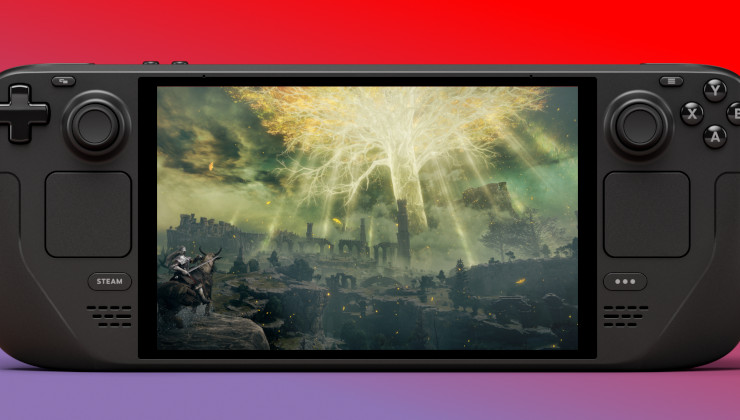
![]() .
.
Read the full article on GamingOnLinux.
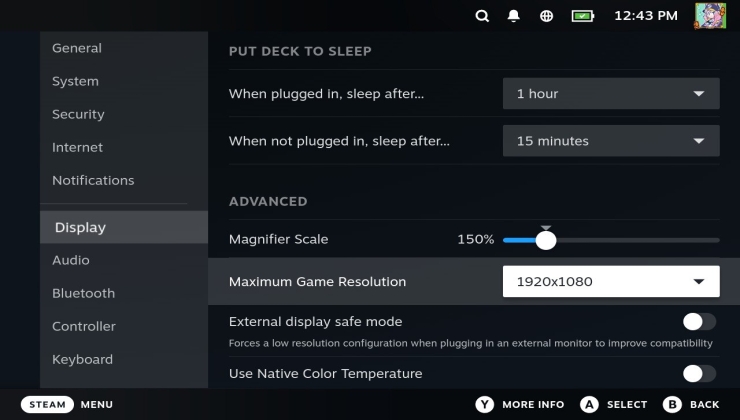
![]() .
.
Read the full article on GamingOnLinux.

![]() .
.
Read the full article on GamingOnLinux.
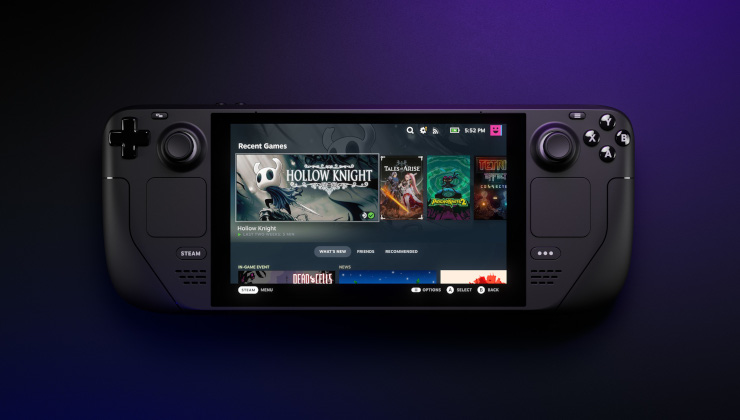
![]() .
.
Read the full article on GamingOnLinux.

![]() .
.
Read the full article on GamingOnLinux.

Who could have predicted that the last few years would see such a vast increase in social media spam? Certainly not professional tarot card readers, whose identities have become ripe opportunities for online scammers looking to exploit gullible consumers. This has been a worsening issue in the spiritual advisor industry since at least 2021. — Read the rest
The post How psychics and tarot readers use software to fight online scams appeared first on Boing Boing.

Valve has confirmed SteamOS support is coming to the Asus ROG Ally and other third-party handhelds.
As reported by The Verge, Valve designer Lawrence Yang confirmed the news after an update had been spotted in the latest SteamOS patch notes.
"The note about ROG Ally keys is related to third-party device support for SteamOS," said Yang. "The team is continuing to work on adding support for additional handhelds on SteamOS."
Valve have made no secret of their plans to make SteamOS – the Linux-based operating system that powers the Steam Deck – available to other games-playing devices, including rival handhelds. After a recent beta update mentioned adding support for the Asus ROG Ally’s inputs, The Verge confirmed with Valve that SteamOS support for non-Steam Deck portables is still very much in the works. The Deck’s long-promised dual booting capability, on the other hand, sounds further down the to-do list.
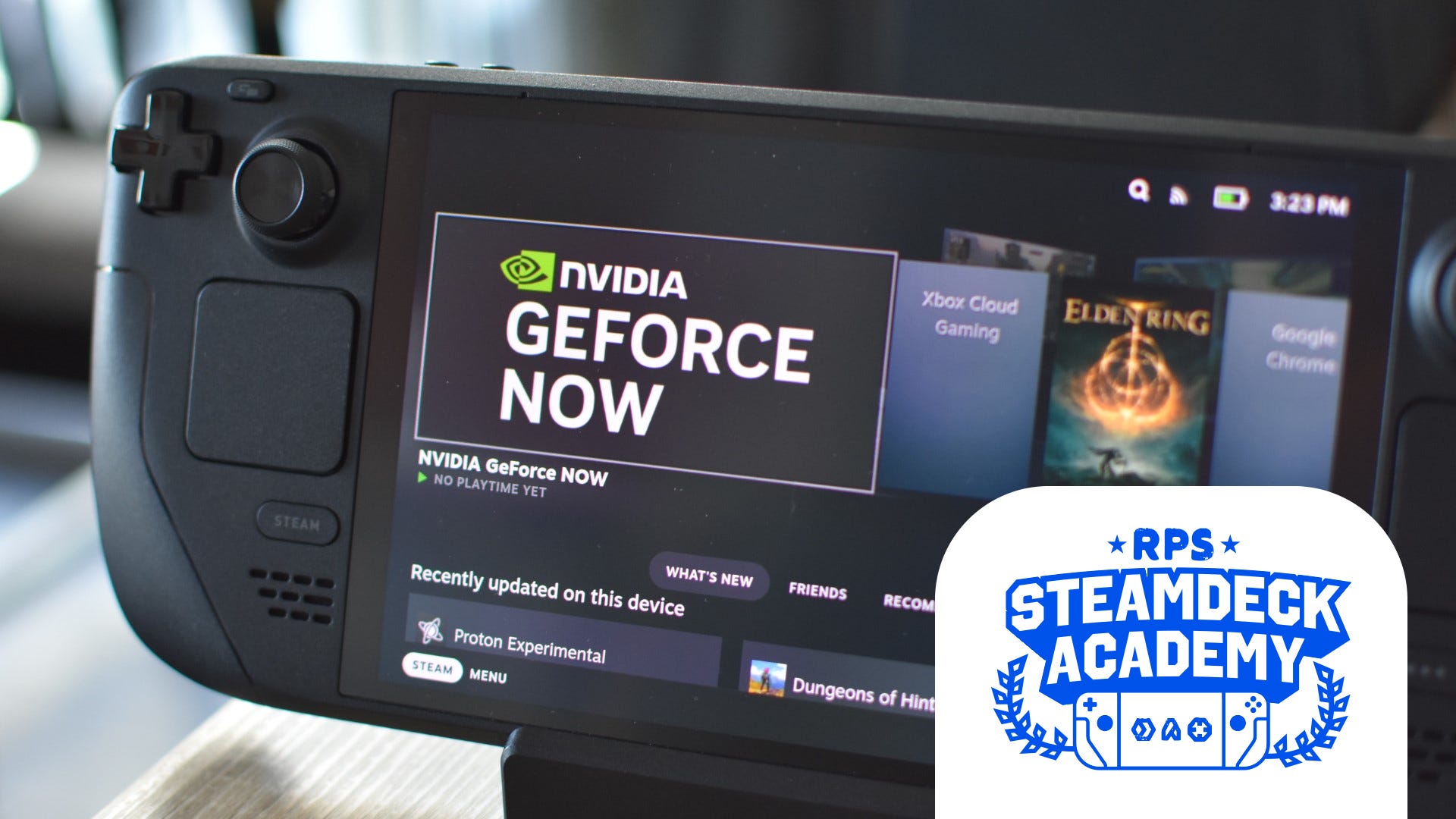
The Steam Deck’s competitors, whether they’re the old guard Ayaneo family, the luxe Asus ROG Ally X, or the shapeshifting Lenovo Legion Go, usually share the same attack line: they can play more of your games. The Deck’s compatibility issues aren’t nearly as issue-some as they were at launch, but between its Linux-based SteamOS and its relatively mild processing power, but it is true that beefier Windows handhelds will more likely cater to your entire cross-launcher library.
Unless, that is, you get something else to run them for you. Streaming games on the Steam Deck has emerged as a nifty workaround for the portable PC’s lingering compatibility woes, making even officially unsupported games playable. Usually with much better performance, too, as the actual rendering work is done remotely – what you see on the Deck’s screen is basically a video feed of that remote device’s display output, with your control input beamed the other way via a low-latency connection. And because you’re not using SteamOS or the internal hardware to actually run the game, it’s not bound by their limits.
Valve have made no secret of their plans to make SteamOS – the Linux-based operating system that powers the Steam Deck – available to other games-playing devices, including rival handhelds. After a recent beta update mentioned adding support for the Asus ROG Ally’s inputs, The Verge confirmed with Valve that SteamOS support for non-Steam Deck portables is still very much in the works. The Deck’s long-promised dual booting capability, on the other hand, sounds further down the to-do list.

The Steam Deck’s competitors, whether they’re the old guard Ayaneo family, the luxe Asus ROG Ally X, or the shapeshifting Lenovo Legion Go, usually share the same attack line: they can play more of your games. The Deck’s compatibility issues aren’t nearly as issue-some as they were at launch, but between its Linux-based SteamOS and its relatively mild processing power, but it is true that beefier Windows handhelds will more likely cater to your entire cross-launcher library.
Unless, that is, you get something else to run them for you. Streaming games on the Steam Deck has emerged as a nifty workaround for the portable PC’s lingering compatibility woes, making even officially unsupported games playable. Usually with much better performance, too, as the actual rendering work is done remotely – what you see on the Deck’s screen is basically a video feed of that remote device’s display output, with your control input beamed the other way via a low-latency connection. And because you’re not using SteamOS or the internal hardware to actually run the game, it’s not bound by their limits.
The Consolo is a tablet computer with a 7 inch touchscreen display and a modular design that lets you attach a physical keyboard or other add-ons via a slot on the bottom. Powered by a Raspberry Pi 5, the system should support a wide range of GNU/Linux distributions and software designed for that credit card-sized […]
The post Consolo is a modular cyberdeck with a Raspberry Pi 5 for brains, a 7 inch display and 7 hours of battery life appeared first on Liliputing.
The MNT Pocket Reform is a modular, open source mini-laptop that went up for pre-order last year through a crowdfunding campaign and began shipping this summer. Thanks to its modular design, the system was always made with customization in mind: the brains of the system are on a removable system-on-a-module (SoM) with a processor, memory, […]
The post Lilbits: Apple’s first consumer robot, Qualcomm’s first smartphone chip with Oryon CPU cores, and MNT Pocket Reform (modular mini-laptop) appeared first on Liliputing.
The Steam Deck is a handheld gaming PC that ships with a Linux-based operating system called SteamOS. And that operating system is something of a mixed blessing: on the one hand, it’s designed from the ground up for handhelds, which has led many to conclude that the SteamOS offers a better user experience than Windows […]
The post Valve releases Windows drivers for the Steam Deck OLED appeared first on Liliputing.

![]() .
.
Read the full article on GamingOnLinux.

![]() .
.
Read the full article on GamingOnLinux.

![]() .
.
Read the full article on GamingOnLinux.

![]() .
.
Read the full article on GamingOnLinux.

![]() .
.
Read the full article on GamingOnLinux.

![]() .
.
Read the full article on GamingOnLinux.
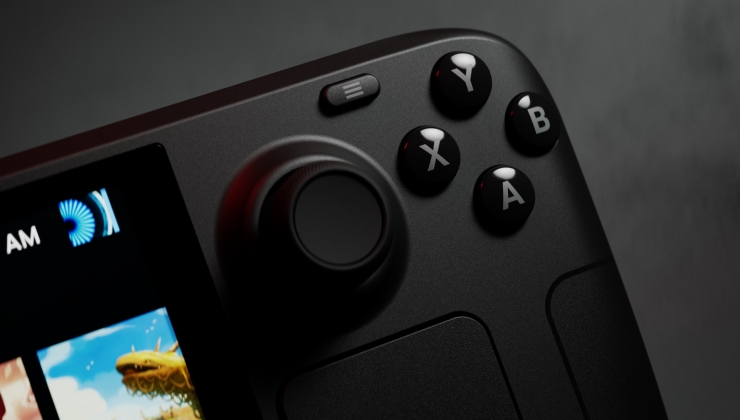
![]() .
.
Read the full article on GamingOnLinux.
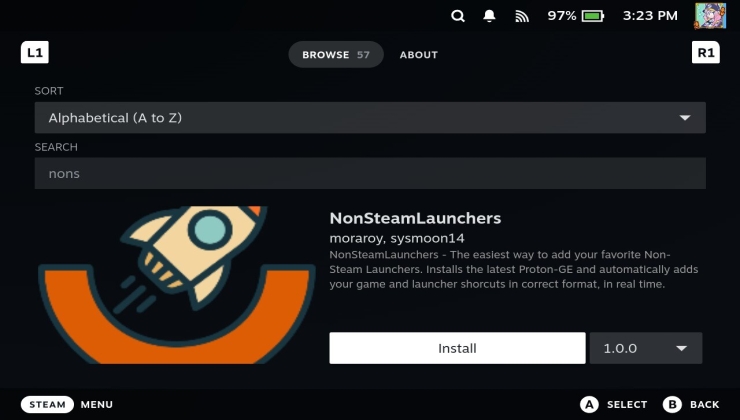
![]() .
.
Read the full article on GamingOnLinux.

![]() .
.
Read the full article on GamingOnLinux.

![]() .
.
Read the full article on GamingOnLinux.

![]() .
.
Read the full article on GamingOnLinux.
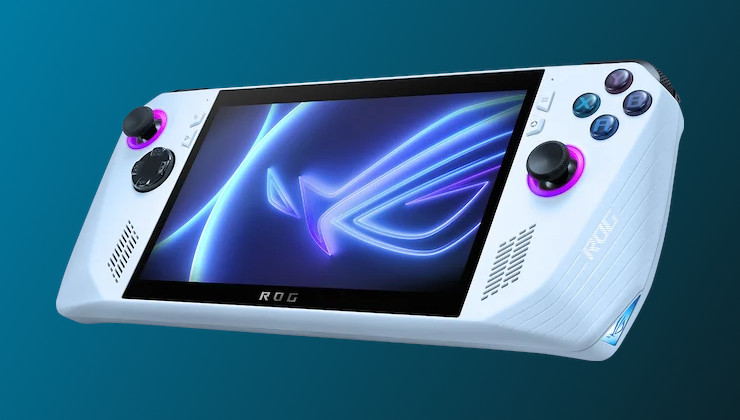
![]() .
.
Read the full article on GamingOnLinux.

![]() .
.
Read the full article on GamingOnLinux.

![]() .
.
Read the full article on GamingOnLinux.

![]() .
.
Read the full article on GamingOnLinux.

![]() .
.
Read the full article on GamingOnLinux.

![]() .
.
Read the full article on GamingOnLinux.

![]() .
.
Read the full article on GamingOnLinux.
